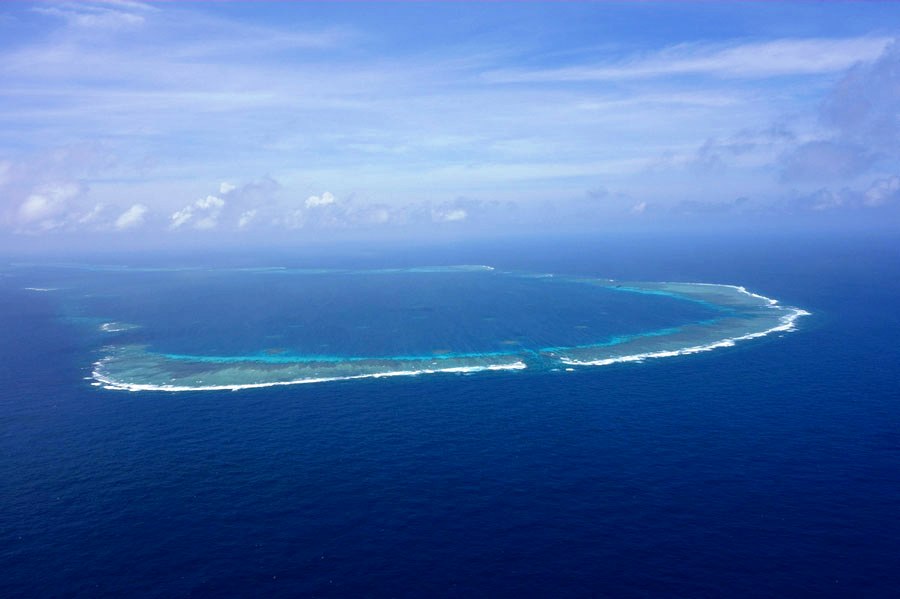The Philippines' provocations threaten regional security


In the backdrop of its provocative actions near Huangyan Island, the Philippines is staking claim over an "exclusive economic zone", which is but just a ploy to establish a legal basis for further encroachments in the South China Sea and challenge China's sovereignty in the region.
However, does the Philippines truly have legitimacy for its activities in the so-called exclusive economic zone it is laying claim over?
The Philippines' strategy involves leveraging maritime jurisdiction outlined in the United Nations Convention on the Law of the Sea to contest China's territorial sovereignty by disputing China's claim over Huangyan Island. This approach contradicts the international principle of "the land dominates the sea," where a coastal state can extend its sovereignty to certain maritime areas, and also violates the UNCLS, which stipulates that a coastal state can only claim maritime jurisdiction so long as it respects the territorial sovereignty of other states.
If the Philippines can unilaterally designate all waters to its west as the "West Philippine Sea" and declare an exclusive economic zone extending 200 nautical miles from its coastline, what implications will this have on Turkiye in the Aegean Sea, where Greece possesses the majority of islands, some located just a few nautical miles from Turkiye? How should nations worldwide approach the delineation of land and sea territories in accordance with international legal frameworks?
The Philippines should refrain from using baseless excuses to justify its provocative actions near Huangyan Island, actions that lack support from international law and pose a significant threat to regional peace and stability.
The author is deputy director of the Institute of Maritime Strategy Studies at the China Institutes of Contemporary International Relations
































